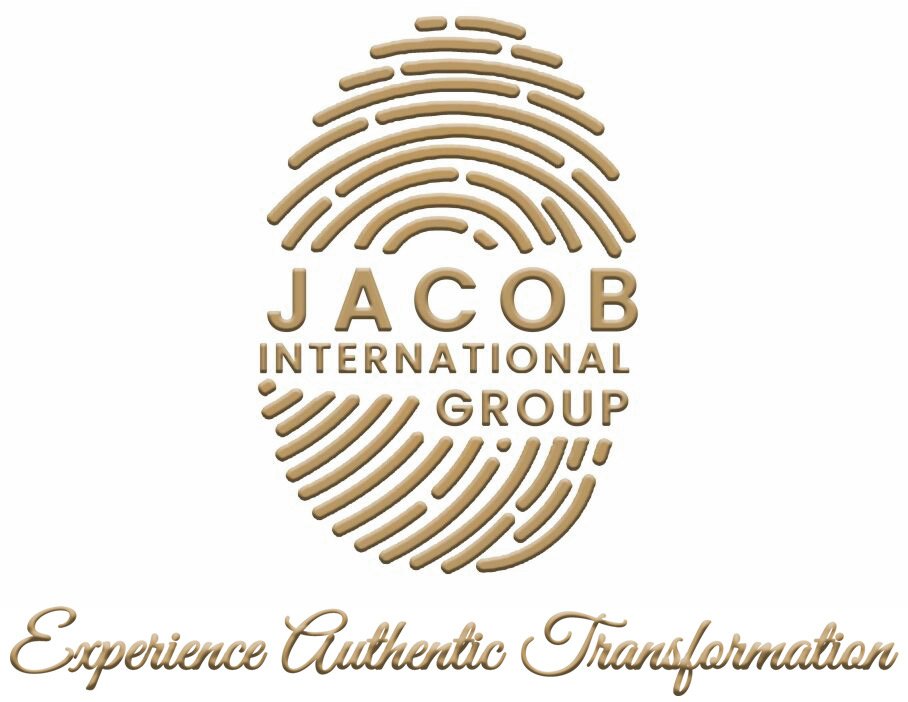Isn’t leadership in itself hard enough to define especially now that we are asked to define successful leadership? Brainstorm for a moment; according to you, who is a leader? If you add up the qualities you see in a leader, you will get a vivid picture of a great leader. However, there is still a difference between a great leader and a successful leader. And you are miles away from understanding the qualities and responsibilities it takes to become a successful leader.
Is Bill Gates a successful leader? Of course, he is, and the whole world admits it. But the question at hand is, What makes him a successful leader? Was he a successful leader right off the bat? Probably not, but that’s what makes him such a successful leader. In fact, one of the biggest traits of a successful leader is to learn from failures and improvise on the go.
In his earlier years, Gates was rather authoritarian and was viewed by his peers as demanding and at times an abrasive boss. Though he primarily relied on his authoritarian leadership style, he actually incorporated a mix of leadership styles. At times, he would take the role of a complete control freak, and then be significantly lenient.
With a versatile leadership style and the capability to adapt on the go in a rapidly changing environment, Bill Gates helped Microsoft become one of the world’s most profitable organizations and retired as one of the world’s richest men.
The same goes for Steve Jobs, who was seen as a direct rival to Bill Gates. The founder of Apple has been recognized as one of the world’s most successful entrepreneurial leaders of the last half-century. The success of Apple is a testimony to how effective his leadership style was.
So, what are the critical elements of successful leadership?
- A successful leader is humble and leads to serving.
- A successful leader delegates and does not dictate.
- They maintain their freedom at all costs and never rely entirely upon their workforce.
- For a successful leader, failure is the best teacher.
- A successful leader would rather walk the walk than talk the talk.
- Are a source of inspiration to all.
- Are information-driven.
- Are open-minded and always speak their mind.
- They prefer open communication that drives their organization towards success.
- Are very supportive of their staff/employees.
- Are declared leaders by others, not themselves.
Not many figures fit the described criteria but that’s the best part, not many are born leaders and there most definitely are no perfect leaders. All leaders learn to fit into their roles with patience, and time.
Ask yourself, are you a leader? And if you are, are you a successful leader? Have we established what defines a successful leader? If you think you need to learn to become a successful leader, then here’s some good news, that thought itself is a sign of greatness. Admit your mistakes and embark on the path to truly becoming a successful leader.




